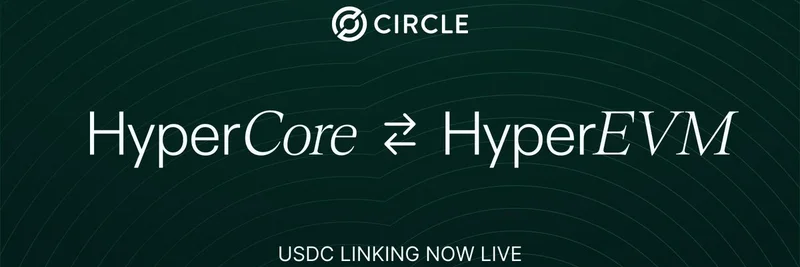In the fast-evolving world of blockchain and cryptocurrencies, understanding the dynamics between centralized and decentralized organizations is crucial. This distinction not only shapes how projects operate but also influences community involvement, especially in the vibrant meme token space. A recent tweet from @_Dean_Machine, a prominent figure in the Solana ecosystem and director at several DAOs like Realms DAOs, Island DAO, and Monke DAO, perfectly captures this essence.
Here's what he shared in his original tweet:
Centralised org:
Share idea/opinion
No one answers
No one takes action, you can’t do anything
You feel ignoredDecentralised org:
Share idea/opinion
No one answers
You can do everything yourself
You feel empowered
This simple yet profound comparison highlights a fundamental shift in power dynamics. In traditional centralized organizations—think big corporations or legacy financial institutions—ideas often get lost in bureaucracy. If your suggestion falls on deaf ears, you're stuck; hierarchy dictates that only those at the top can drive change. This can lead to frustration and a sense of helplessness among team members or stakeholders.
Contrast that with decentralized organizations, or DAOs (Decentralized Autonomous Organizations), which are community-governed entities running on blockchain technology. DAOs eliminate the need for central authority by using smart contracts—self-executing code on the blockchain—to enforce rules and decisions. Here, silence doesn't mean stagnation. If no one responds to your idea, you have the tools and permissions to implement it yourself, provided it aligns with the DAO's governance protocols.
This empowerment is particularly relevant in the meme token ecosystem. Meme tokens, like those thriving on Solana, often start as community-driven projects. Holders aren't just investors; they're active participants who can propose upgrades, marketing campaigns, or even treasury allocations through DAO votes. For instance, in a meme token DAO, if you spot a viral trend that could boost the token's visibility, you don't wait for approval—you rally support, submit a proposal, and execute if it passes.
@_Dean_Machine's involvement in Solana-based DAOs underscores this point. Solana, known for its high-speed and low-cost transactions, has become a hub for innovative DAOs and meme tokens. Projects like Cabana Exchange demonstrate how decentralized structures foster creativity and rapid iteration, empowering users to shape the project's future directly.
For blockchain practitioners diving into meme tokens, embracing this decentralized mindset can be transformative. It encourages self-reliance, innovation, and a deeper engagement with the community. If you're feeling ignored in a centralized setup, perhaps it's time to explore DAOs—where your voice isn't just heard, but can directly drive action.
Whether you're a seasoned crypto veteran or a newcomer to meme tokens, insights like these remind us why decentralization is more than a buzzword; it's a pathway to true empowerment in the digital age.

